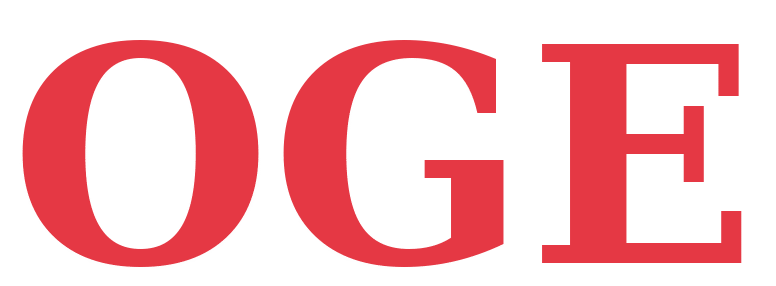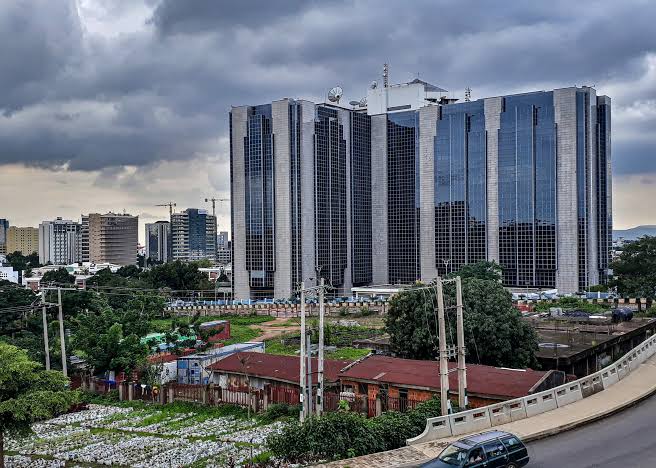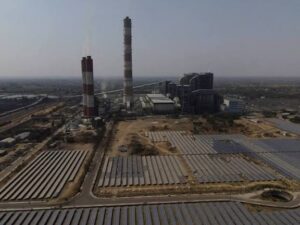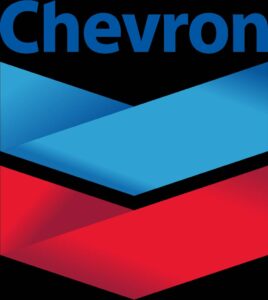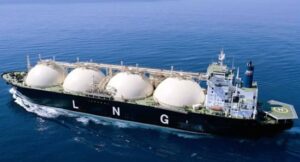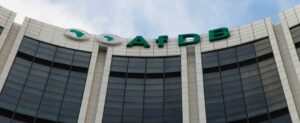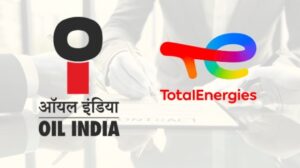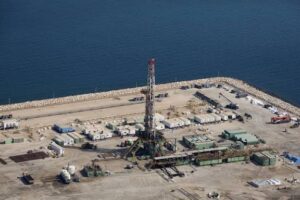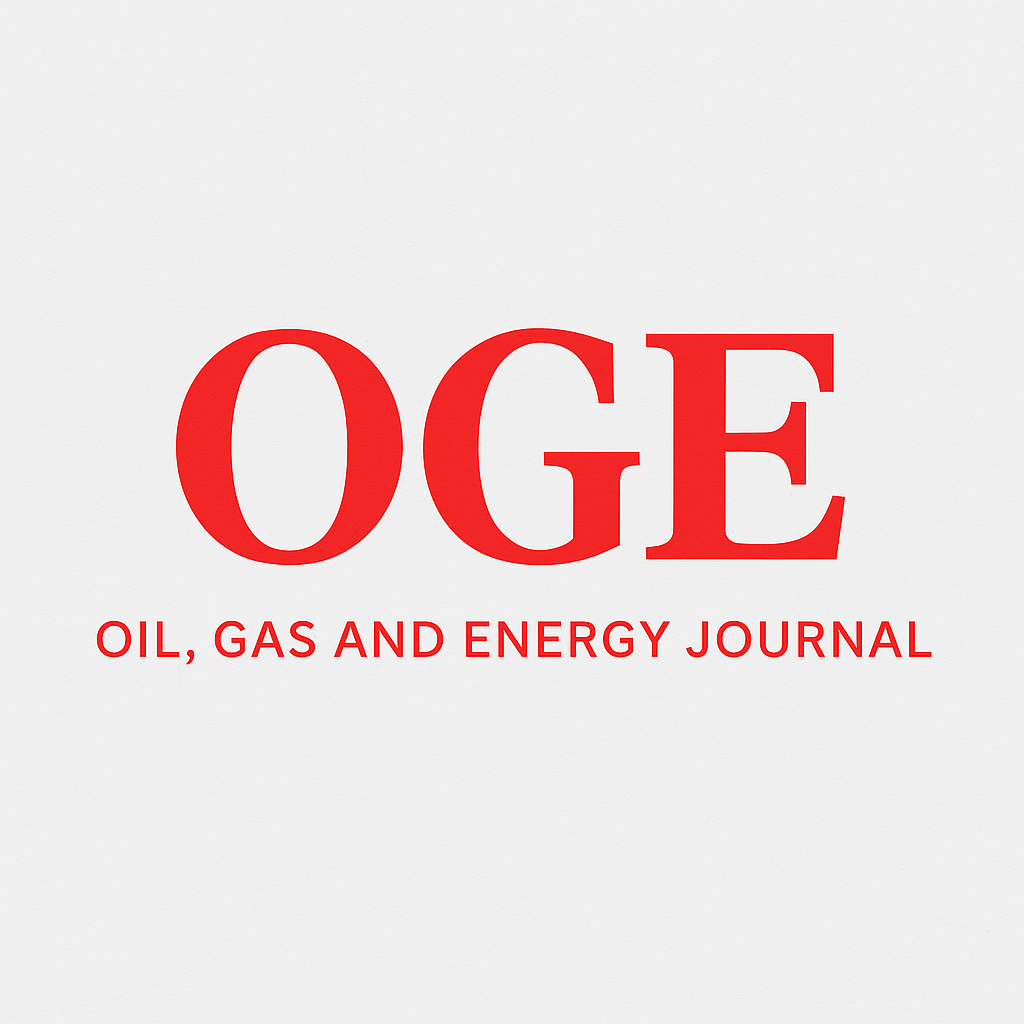The Central Bank of Nigeria (CBN) has dismissed media reports suggesting that it provided $1.25 billion in foreign exchange to oil marketers for fuel importation during the first quarter of 2025.
In a statement issued on Tuesday, the apex bank described the reports as “false and misleading,” stressing that it had not disbursed any foreign exchange directly for the importation of refined petroleum products.
According to the CBN, the amount referenced in its first-quarter foreign exchange utilisation data represents total market transactions by participants in the Nigerian Foreign Exchange Market (NFEM), not allocations made by the bank itself.
“The $1.259 billion figure reflects the total volume of transactions carried out by authorised dealers and end-users across various sectors — including oil and gas — under the willing buyer, willing seller model,” said CBN spokesperson Hakama Sidi Ali.
She clarified that since the unification of exchange rates in 2023, the Nigerian foreign exchange market has operated on a demand-and-supply basis, allowing participants to independently source foreign exchange without CBN intervention.
Ali added that the data in question merely captures the overall market activity rather than direct CBN funding for petroleum imports. “These are legitimate transactions between private participants in the market, not instances of CBN disbursement,” she explained.
Reiterating the bank’s stance, the spokesperson said the CBN remains focused on maintaining a transparent and market-driven exchange rate system designed to promote stability and investor confidence in the financial sector.
She emphasized that the bank’s role is to regulate and ensure fairness within the forex market, not to allocate funds for private sector imports.
The clarification comes amid ongoing public debates about Nigeria’s fuel import costs and foreign exchange management, following recent policy shifts aimed at strengthening the naira and improving liquidity in the forex market.
